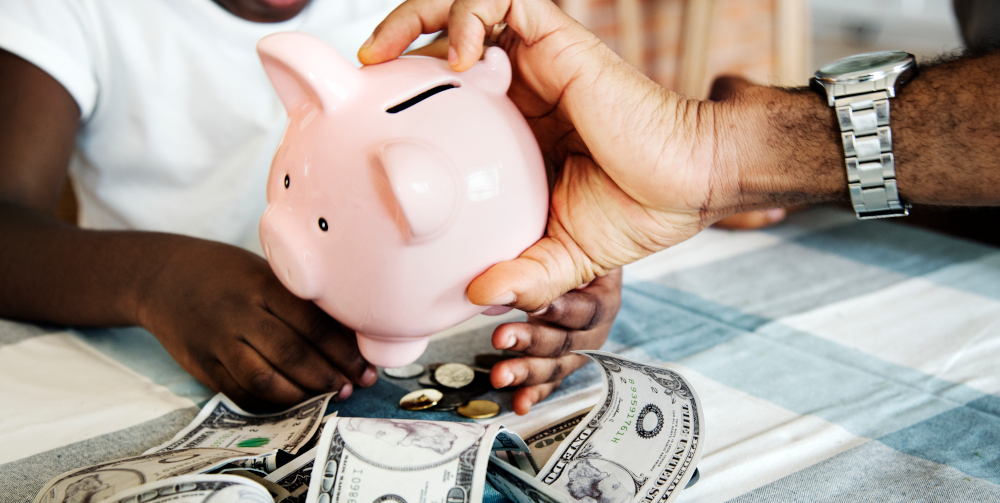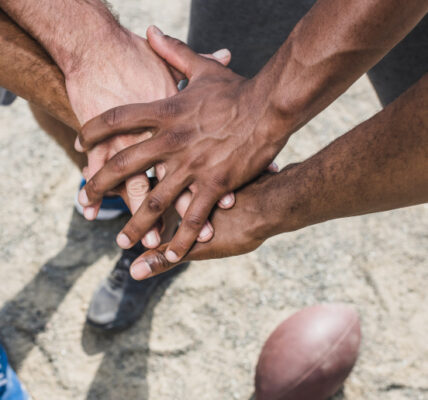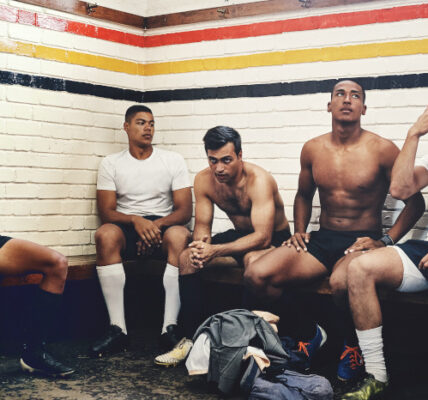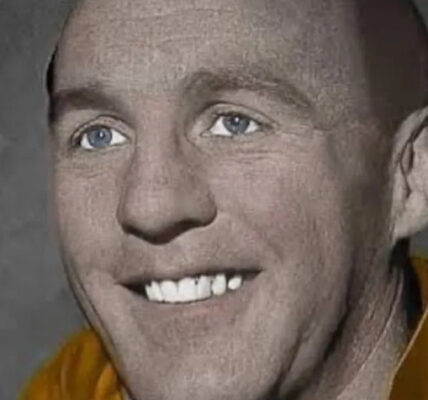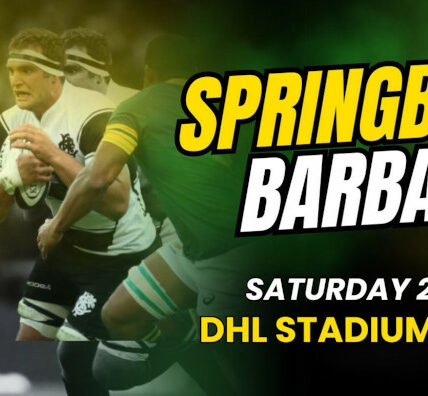Rugby in KwaZulu-Natal isn’t free. Not just in the ticket sense. It costs something deeper, time, money, energy, sacrifice. And while the professional game counts its costs in televised rights and injury reports, the real price is being paid in the townships, suburbs, and small towns that orbit Kings Park. The cost is counted out at petrol stations, in food queues, and at the tills where a packet of wors replaces a week’s worth of vegetables.
Ask anyone from the rural edges of KZN or the densely-packed flats outside Durban’s CBD, getting to a rugby game, even a schoolboy fixture, means budgeting. It means stretching. It means porridge for breakfast and for supper, so there’s enough left for a R40 taxi fare and a two-litre Coke to share between three. This is the version of rugby that doesn’t make the highlight reel.
Take Ntokozo, 46, from Clermont. He’s been supporting the Sharks since ’94. His walls are covered in newspaper clippings, and his phone is full of grainy matchday selfies. Every home game is a pilgrimage. He leaves at 6am to catch the first taxi, knowing full well it’ll be standing room only. “It’s petrol or pap,” he jokes, “and some days, we just eat pride.”
But it’s not just about Kings Park. It’s about watching your cousin’s team from Lamontville take on an uMgababa side in a community tournament. It’s about parents crowding around makeshift fields with folding chairs, brown paper bags hiding cheap gin, and a radio tuned low in someone’s car boot broadcasting SuperSport commentary. It’s about shouting at referees who don’t have whistles, only authority and a sharp finger. And it’s about what people give up to be there.
Because rugby, here, is tied to ritual. It’s a cultural marker. Boys don’t just become players, they become hopes. A family will skip out on Sunday meat to buy a decent pair of boots. A mother will mend the same jersey four times before considering replacing it. A gogo will walk five kilometres just to watch her grandson take a single carry. And after the match, win or lose, there’s always a braai. Even if it’s just one pack of chisa nyama and borrowed charcoal. In these moments, rugby is not a luxury. It is the community itself.
Post-match braais in KZN are a ceremony, equal parts celebration and release. Someone always brings pap. Someone always forgets the sauce. There’s always that uncle who thinks he could’ve played if it wasn’t for his knee. And someone always makes the fire too big, too fast, as if trying to match the flames to the passion still lingering in their chest.
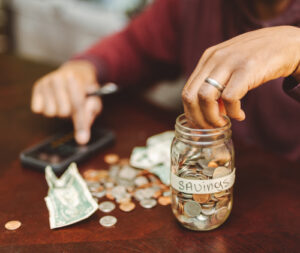 This is where players are remembered, decisions are dissected, and dreams are drafted. This is where future Springboks are imagined, not in academies, but in smoky conversations over coals and Castle Lager. But it comes at a cost. To be a fan in KZN, a real fan, is to know sacrifice. It’s to know that petrol prices don’t care if your team made the semis. It’s to understand that food parcels and match tickets sometimes live on the same budget line. It’s to weigh passion against practicality every single week. And still choose passion.
This is where players are remembered, decisions are dissected, and dreams are drafted. This is where future Springboks are imagined, not in academies, but in smoky conversations over coals and Castle Lager. But it comes at a cost. To be a fan in KZN, a real fan, is to know sacrifice. It’s to know that petrol prices don’t care if your team made the semis. It’s to understand that food parcels and match tickets sometimes live on the same budget line. It’s to weigh passion against practicality every single week. And still choose passion.
Even those watching from home aren’t exempt. DStv subscriptions are shared like community property. WhatsApp groups light up with login details passed around like currency. “Use mine but don’t change the language again,” someone warns. And when the power cuts mid-try, you don’t scream, you wait. You’ve been here before. You’ll hear the result on Ukhozi FM or read it later on Facebook. Rugby in KZN isn’t about entertainment. It’s about identity.
There’s a reason fans still wear jerseys from 2007, with peeling sponsor logos and half-torn collars. Not because they can’t get new ones, though many can’t, but because those jerseys mean something. That was the Currie Cup final. That was the first time he played centre. That was the day her son got picked. That was the game before the car accident.
Every stain has a story. The cost isn’t always financial either. There are boys who stopped playing because the school didn’t have kit. Girls who weren’t allowed to join touch teams because someone said it “wasn’t for them.” Coaches who gave up because they couldn’t keep feeding players after training. Communities that tried to host tournaments but lost funding when the cooler boxes ran dry and the politics ran hot. And yet, the game survives. Not because it’s easy. But because it’s loved.
In KZN, rugby isn’t kept alive by headlines or sponsors. It’s kept alive by people who show up. Who budget for petrol like it’s tithe. Who make porridge in the morning and boerie at night and call that a day well spent. Who stand behind rusted railings with sunburnt arms and say, “This is our team.”
So next time you hear someone say rugby’s just a game, tell them to visit a match in uMlazi. Or a school field in Pietermaritzburg. Or an under-15 fixture in Richmond. Listen to the cheers. Count the coins it took to get there. Smell the smoke. Watch the flames.
Because in KZN, rugby costs. And somehow, that makes it even more valuable.
